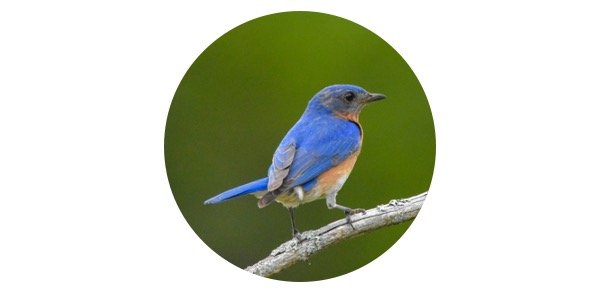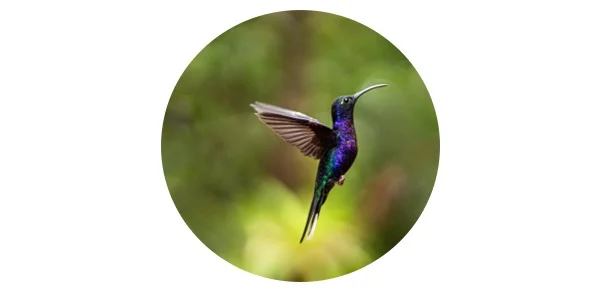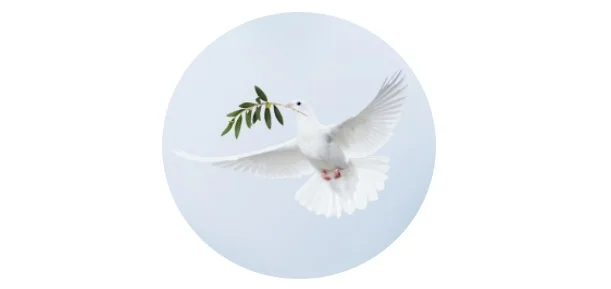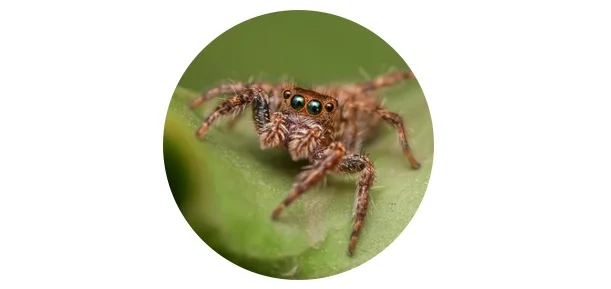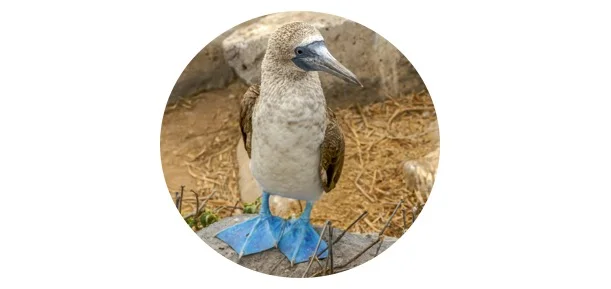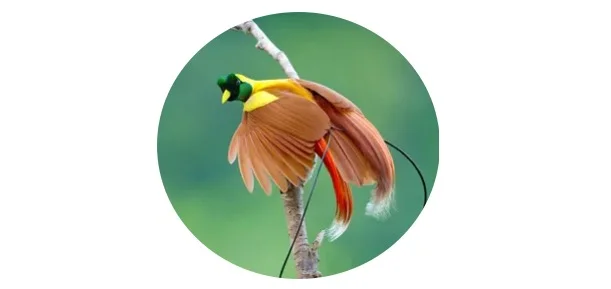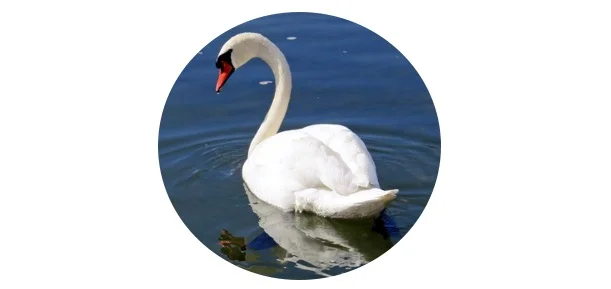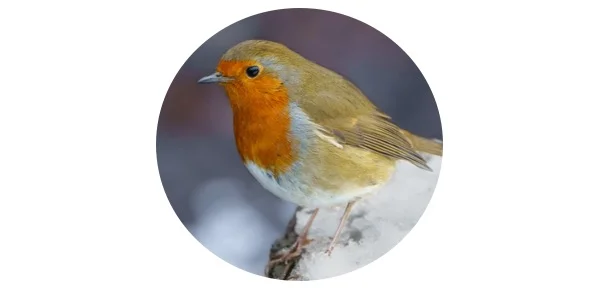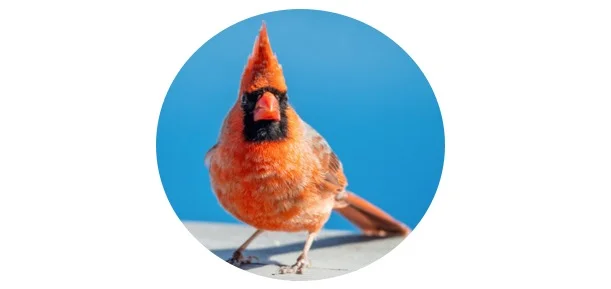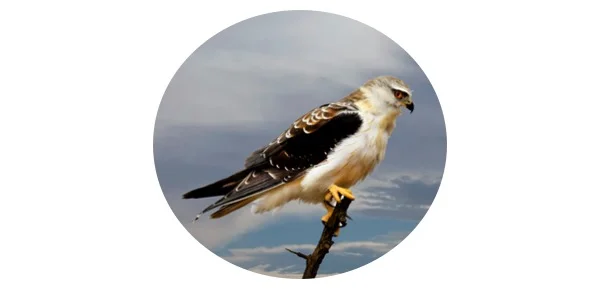Cuckoo Symbolism: Spiritual Meaning, Totem, Spirit, & Omens
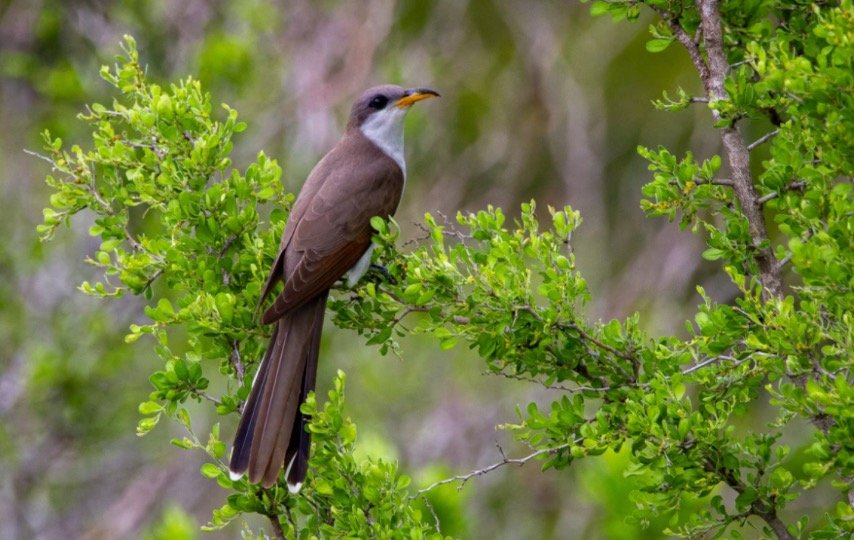
Table of Contents
Cuckoo Symbolism: All You Need To Know
Cuckoos are a vast bird family that may be found on every continent except Antarctica. There are 127 different species of cuckoos in the cuckoo family. They are often slender tree dwellers. The cuckoo family, on the other hand, contains the ground-dwelling roadrunner.
Cuckoos appear significantly in several idioms and folklore practises from many civilizations. They are widely recognized for their unusual repertoire of cries, as well as the parasitic nesting tendencies shown by certain cuckoo species.
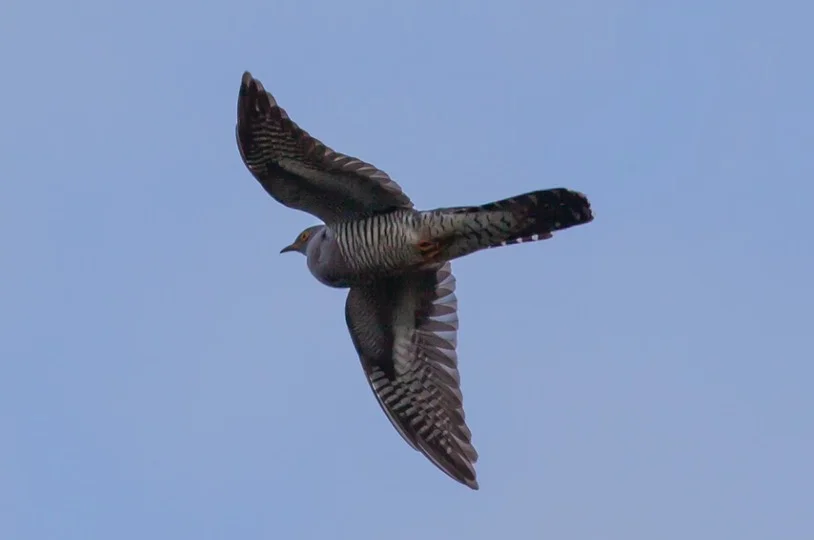
Cuckoos are frequently linked with lunacy, folly, or gibberish. Furthermore, the term “cuckoldry” may be traced back to the cuckoo bird. They have been connected with springtime, the passing of time, unrequited love, and a few different deities at various eras and in different civilizations.
So, what does it mean to have a particular connection with the cuckoo, and what can we learn from these varied and interesting creatures? Cuckoos have different connotations in different civilizations. These endearing birds may be a powerful guiding influence in the lives of individuals who appreciate them in many cultures.
Cuckoo Symbolism and Meaning
Cuckoos are often connected with lunacy in idiomatic terms. People regularly use the term “cuckoo” to describe someone who is insane. The name “cloud cuckoo land” may have originated from the ancient Greek playwright Aristophanes’ play “The Birds.”
Cloud cuckoo land is a play on the phrase “Lalaland.” Both terms relate to a naïve condition of folly or mistaken idealism. Cuckoos are extensively featured in the appropriately titled cuckoo clock. These are frequently artistically constructed wall clocks with a miniature figurine of a cuckoo bird calling to the hour.
Cuckoo clocks are no longer as popular as they once were, yet they were once widespread and treasured pieces of family furniture. Cuckoo clocks employ cuckoo birds to indicate the passage of time, hence cuckoo birds are regularly connected with time and timekeeping.
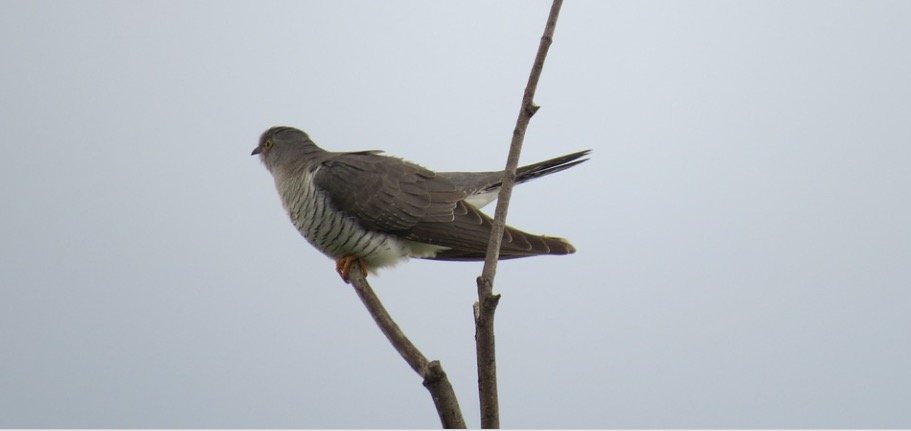
Furthermore, cuckoos inspired the term “cuckold,” which refers to a person who has an unfaithful spouse. This word derives from the proclivity of some cuckoo species to engage in brood parasitism. Brood parasitism is the reproductive activity of a female bird in which she lays her egg in the nest of another species.
This host bird will often nurture the invading egg as if it were its own. Around 50 of the 127 species of birds in the cuckoo family are brood parasites. As a result, cuckoos are regularly linked with dishonesty and manipulation. This is referred to by the term “cuckoo’s egg.”
Cuckoo Native American Symbolism
The cuckoo is connected with idleness among the Iroquois. This is the outcome of the Iroquois seeing cuckoo brood parasitism. This habit has been perceived as sloth and poor parenting, and it is utilized in cautionary stories.
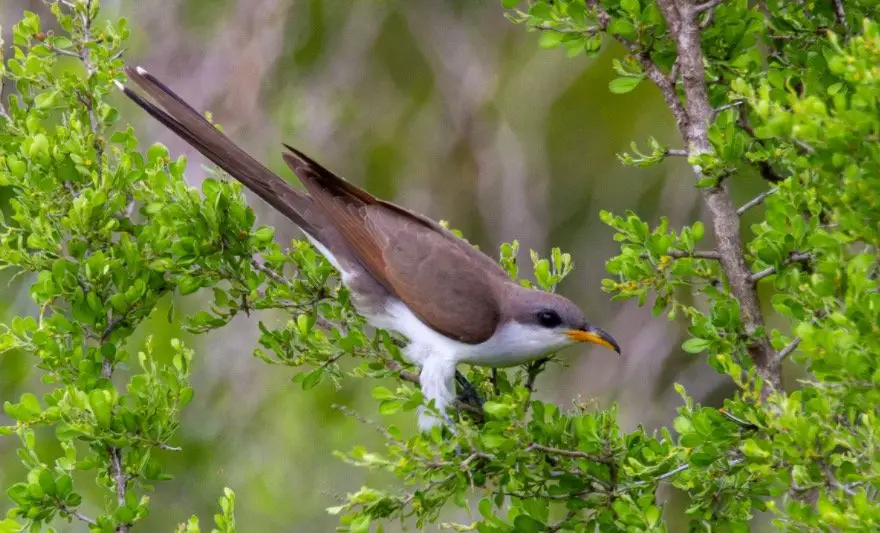
Cuckoo Christianity Symbolism
Deception and adultery are considered major sins in Christian faiths. The proclivity of certain cuckoos to engage in brood parasitism would strongly link them to deception. Furthermore, the connection of cuckoos with cuckoldry strengthens their link to sin.
Cuckoo Celtic Symbolism
Cuckoos were thought to have the capacity to travel between realms in Celtic mythology. As a result, they were frequently connected with death and the afterlife. The cuckoo’s cry was supposed to have the capacity to summon the dead. There was also a notion that cuckoos had the power of prophecy and could determine the length of a person’s life.
Cuckoo in Dreams
Encountering a cuckoo in a dream may have a variety of implications based on the circumstances as well as the kind of cuckoo. Dreaming about a cuckoo bird often represents duplicity or treachery. This is owing to brood parasitism’s activity.
The vast majority of cuckoos, however, are not brood parasites. This might act as a reminder not to criticize or reject someone prematurely based on problems they cannot alter. Cuckoos are considerably simpler to sight than they are to hear.
This timidity might serve as a reminder to go beyond of one’s comfort zone and make an effort to interact with others. Dreaming about a roadrunner, a particularly peculiar kind of cuckoo, may signify that you are avoiding your difficulties rather than confronting them as you should.
If you want to be a roadrunner, consider if there are things in your life that are worrying you more than they should. Dreaming about cuckoos may suggest personal progress or milestones, since cuckoos are connected with the passing of time. They might also reflect the fear of becoming old or squandering time.
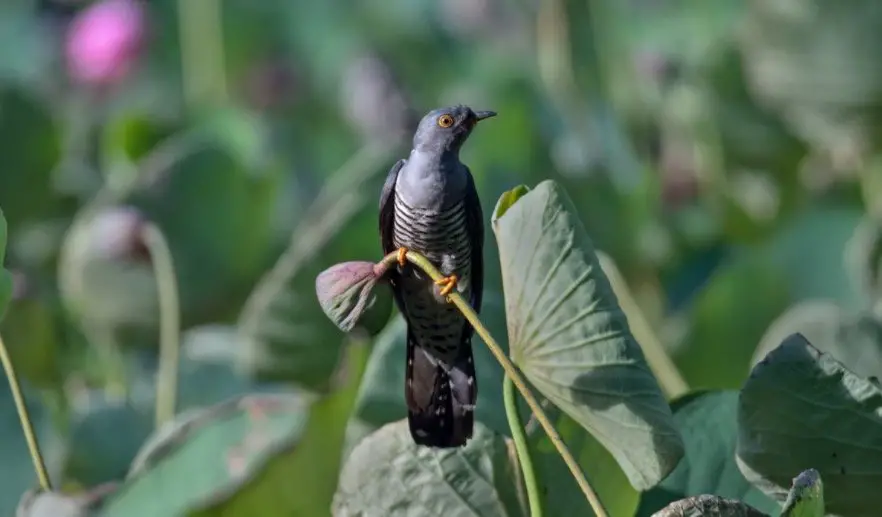
Cuckoo Encounters and Omens
Meeting a cuckoo bird may be an emotional event. Their sounds are often hauntingly beautiful, yet they are secretive and timid. If you see a cuckoo bird, it may serve as a reminder to express yourself. Cuckoo encounters teach us to connect with our creative side and to be sensitive with others.
An encounter with a cuckoo bird’s brood parasite species might serve as a reminder to examine the balance of our relationships. In rare circumstances, parasite cuckoo birds may have a symbiotic or mutually beneficial relationship with host birds. Brood parasitism, on the other hand, is usually damaging.
If you see a cuckoo bird, it may be a sign that you should analyse your relationships and make them as “symbiotic” as possible. Cuckoo birds are sometimes associated with the arrival of spring. As a result, these birds are connected with renewal, rebirth, and metamorphosis. In certain circumstances, seeing a cuckoo bird might foretell of an imminent chance for personal improvement.
Cuckoos are associated with the deceased in several cultures. A visit by a cuckoo might signify an effort by a lost loved one to communicate. When the deceased manifest as birds, it is often assumed that they do so in order to serve as guiding spirits.
Cuckoo in Mythology & Folklore
Cuckoos are common, and as a result, they figure in a broad range of mythical and folklore traditions. Springtime, meteorological occurrences, death and the dead, and fertility are all common connections.
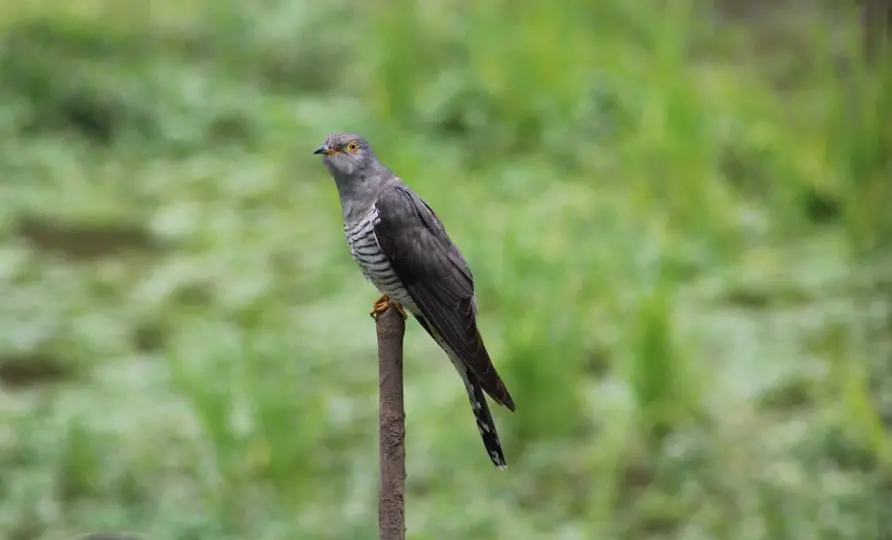
Native American Mythology
There is a tale in Iroquois mythology about a lazy father who refuses to hunt for his family. When his kid screams out in hunger, he hits him. When he accomplishes this, a cuckoo bird comes, and the father’s laziness departs. He now wants to hunt and take care of his family, but his kid is no longer with him.
The cuckoo is his sole buddy. This is a cautionary tale for parents to take care of their children. The cuckoo bird is used in this fable to symbolize laziness. Because parasitic cuckoo birds refuse to make nests or raise their young, they are termed lethargic.
Celtic Mythology
Cuckoos are usually connected with death, rebirth, fertility, and springtime in Celtic mythology. Depending on the circumstances of the meeting, several beliefs connected cuckoos with either good or bad luck. They were also supposed to be a warning of impending storms.
Indian Mythology
The cuckoo bird has significant importance in Indian mythology. These birds are connected with the beginning of the monsoon season, fertility, hope, and the beginning of the new year. Cuckoos are said to be a vehicle for the deity Jayakara, who is a companion of the god of love. Furthermore, it is stated that the goddess Sati spent a thousand years as a cuckoo.
Japanese Mythology
The cuckoo is connected with unrequited love, yearning, and the arrival of summer in Japan. In some beliefs, the calling of cuckoos reflects the dead’s urgent desire to be reunited with their surviving loved ones. Because of their affinity with the deceased, cuckoos figure in Japanese folklore as foretellers of catastrophe.
Greek Mythology
Cuckoos were connected with Hera, the goddess of marriage, in Greek mythology. Zeus woos Hera in one narrative by coming to her in the appearance of a cuckoo bird. Pliny the Elder described cuckoos as having the miraculous capacity to ward off disease with their sounds.
He claims that when a cuckoo cry is heard, the ground may be dug up and utilized to keep fleas and vermin at bay. Cuckoos and other birds are represented as being older than the gods in Aristophanes’ “The Birds,” which is the basis of the “cloud cuckoo land” cliché.
Cuckoo Spirit Animal
The cuckoo is an often misunderstood spirit animal. Although there are numerous cuckoos who are deadly brood parasites, there are many more cuckoos that are shy and harmless. Furthermore, it has recently been shown that in very rare circumstances, cuckoo birds that lay eggs in the nests of other species may actually aid in the survival of the host species.
This is due to the fact that when threatened, cuckoo birds expel a nasty material that deters predators. If the cuckoo bird is your spirit animal, you may feel criticized or misunderstood by others who don’t know you well. People that have the cuckoo as their spirit animal are usually introverted and creative.
People with this spirit animal, like cuckoo birds who cry from the treetops but seldom reveal themselves, are typically more comfortable expressing themselves artistically than they are expressing themselves socially.
Cuckoos are often connected with insanity. This is regularly a side consequence of those with the cuckoo spirit animal’s difficulty with social expressiveness. People who have the cuckoo spirit animal have a unique perspective on life. Their new thoughts are sometimes difficult to convey, which may lead to irritation when others do not comprehend them.
Cuckoo Totem Animal
The cuckoo is a creature of equilibrium and reciprocity. The cuckoo totem animal, like the parasitic cuckoo species whose eggs may both doom and help prospective hosts, has an inherent dualism. The cuckoo totem animal represents growth, rebirth, metamorphosis, and expression.
People who have this totem animal have a strong sense of justice. However, be wary of this feeling of justice, since it may drive persons with this totem animal to leap to conclusions and persecute others.
The cuckoo totem animal is an individualist who often struggles to understand things from the perspective of others. This feeling of fairness is regularly the result of naiveté. People with the cuckoo totem animal are susceptible to “cloud cuckoo land,” in which they often perceive the world in idealistic terms, with good and evil starkly delineated.
People with this totem may find it challenging to reconcile their world view with the complexities of human interactions. People with the cuckoo totem animal, on the other hand, will put their own safety at danger to defend those they believe are worthy. This implies that the cuckoo may be highly protective of loved ones.
Cuckoo is a Power Animal
The cuckoo power animal may provide people the capacity to fit in with unfamiliar groups. People with the cuckoo power animal have the amazing capacity to intuit what others anticipate of them and carry it out as naturally as possible, much as the young cuckoo chick performs the function of the host family’s kids.
This aptitude may be utilized for social success or manipulation. People with the cuckoo power animal may have identification issues. Knowing and expressing who you genuinely are might be tough when you spend so much of your time fulfilling the expectations of others. That is why persons with this power animal frequently value artistic expression.
Cuckoo Tattoo Meaning
A cuckoo tattoo may signify as many things as the cuckoo itself. The theme of “discovered family” is one conceivable meaning for a cuckoo tattoo. Because cuckoos are occasionally abandoned by their own species and reared by other birds, a cuckoo tattoo may be important to someone who feels more connected to the connections they’ve formed than to their own genetic family.
A cuckoo tattoo may also symbolize the concept of gentle ageing. Cuckoos are often connected with time and maintaining time. Accepting the passing of time may be a profound and liberating experience deserving of a tattoo.
Cuckoo Symbolism Conclusion
Although many people despise cuckoos for their tendency of brood parasitism, cuckoos are much more than their terrible reputations. Cuckoos are positive emblems of good luck and optimistic development in most mythical cultures in which they appear. At the very least, this family of birds might serve as a poignant warning not to pass judgement too quickly.
Even when cuckoos participate in brood parasitism, there are times when it is mutually advantageous to the host family. For those who have a connection to cuckoo birds, their numerous positive connotations far outweigh the negative consequences of certain cuckoo species’ breeding practises.
Cuckoos have left an indelible effect on human civilization due to their enigmatic nature, haunting sounds, and vast distribution. It’s no wonder, therefore, that these mysterious little birds have a lot to teach us.
